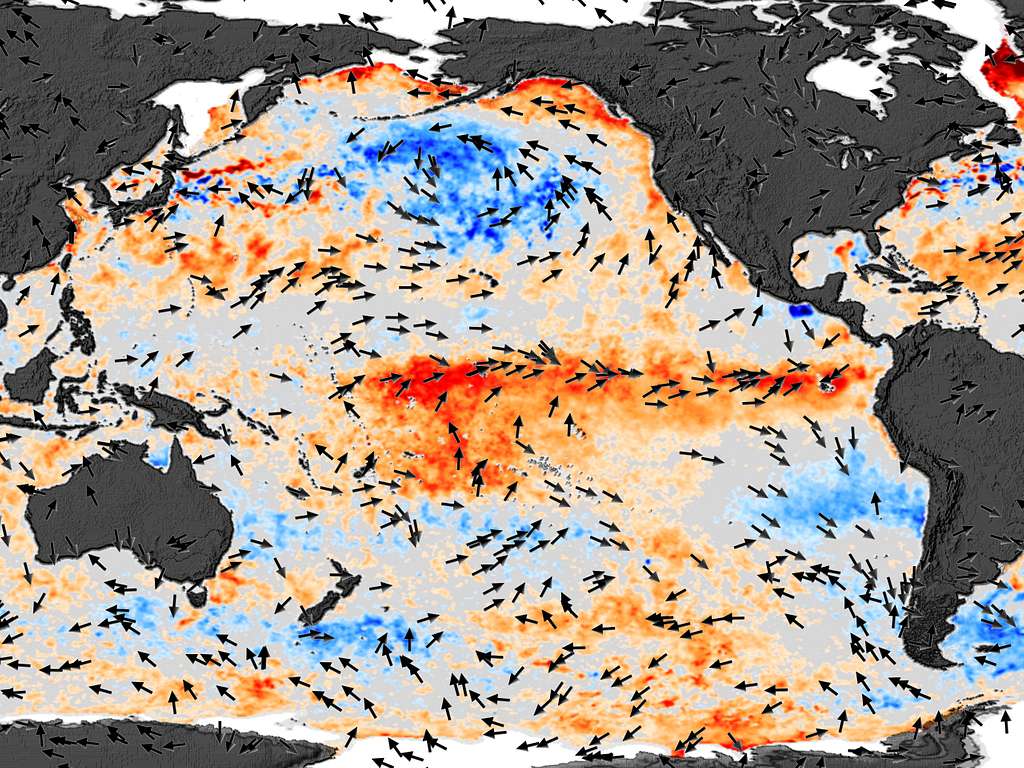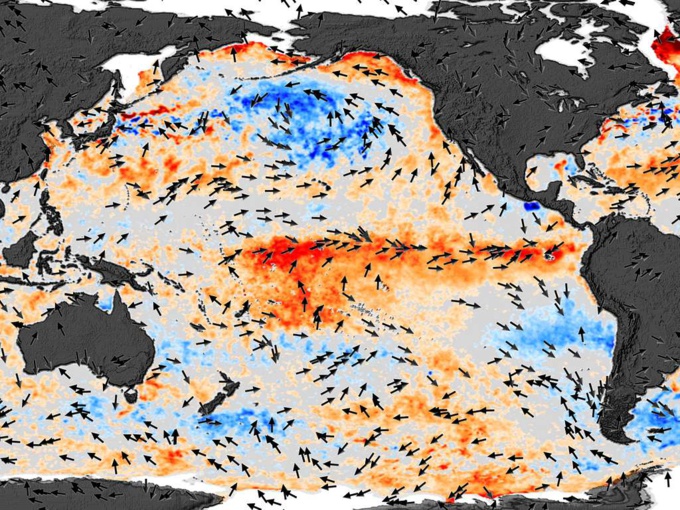Food and other items will cost significantly more in poor nations as a result of the El Niño natural phenomenon. According to analysts quoted in the Financial Times, this might lead to an increase in expectations of inflation and the long-term maintenance of high key rates.
The newspaper quoted Diana Iovanel of Capital Economics: "If the El Niño phenomenon intensifies, central banks in developing countries will have to keep rates high for longer to fight inflation." This is because consumer expenditure on food in developing countries is nearly twice as high as it is in wealthy ones, at roughly 30% of total consumption. The FT argues that as a result, concerns over food have a big impact on people's predictions for inflation.
According to Laura Sanchez of Morgan Stanley, "El Niño typically peaks in November and February, but the effects on food inflation, fiscal spending, monetary policy, gross domestic product, and trade, especially in developing countries, persist for a long time."
source: ft.com
The newspaper quoted Diana Iovanel of Capital Economics: "If the El Niño phenomenon intensifies, central banks in developing countries will have to keep rates high for longer to fight inflation." This is because consumer expenditure on food in developing countries is nearly twice as high as it is in wealthy ones, at roughly 30% of total consumption. The FT argues that as a result, concerns over food have a big impact on people's predictions for inflation.
According to Laura Sanchez of Morgan Stanley, "El Niño typically peaks in November and February, but the effects on food inflation, fiscal spending, monetary policy, gross domestic product, and trade, especially in developing countries, persist for a long time."
source: ft.com



















